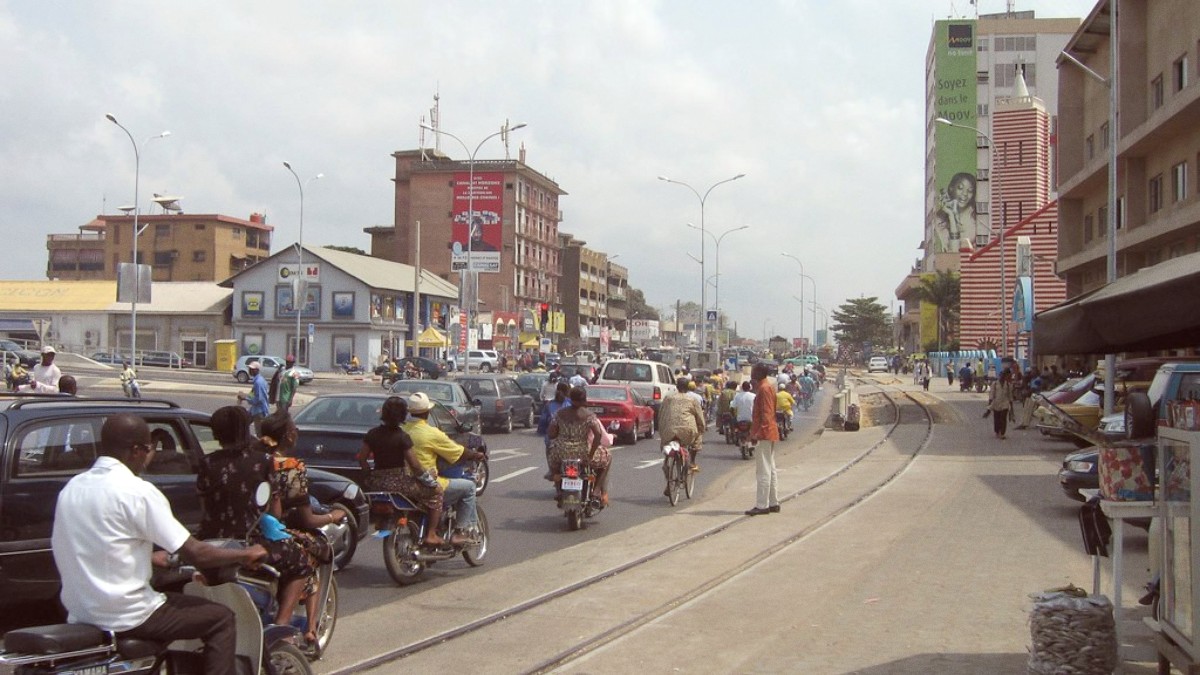
Benin
Benin dedicates efforts to protect its biodiversity, with famous initiatives in Pendjari National Park and coastal mangrove areas. Local and international NGOs address waste management, coastal erosion, and pollution.
Formal recycling infrastructure is limited. Travelers can minimize waste by using reusable water bottles and shopping bags. Dispose of waste in designated bins or carry it out responsibly.
Water resources can experience strain, notably during dry seasons. Shorten showers and reuse towels at your accommodation to conserve water.
Cultural sensitivity ensures a positive and respectful experience for both you and the local community.
Efforts focus on supporting art and heritage sites.
Your presence should be positive and considerate.
Be mindful of privacy and sacred spaces.
Show reverence and follow local practices.
The Artisanal Centre is a good place to buy directly from craftspeople, ensuring a greater portion of the price reaches the producer.
Support ConservationPrioritize eating at local Maquis and restaurants rather than international chains. Rely on Zemidjans and shared taxis, as these are locally owned.
Responsible travel confirms your spending benefits local communities and fosters fair economic practices.
Support local communities directly through your choices.
Support local producers and ethical practices when shopping.
Your choices can directly stimulate the local economy.
If you wish to contribute financially, do so thoughtfully.
Be aware of potential exploitation and actively avoid harmful practices.